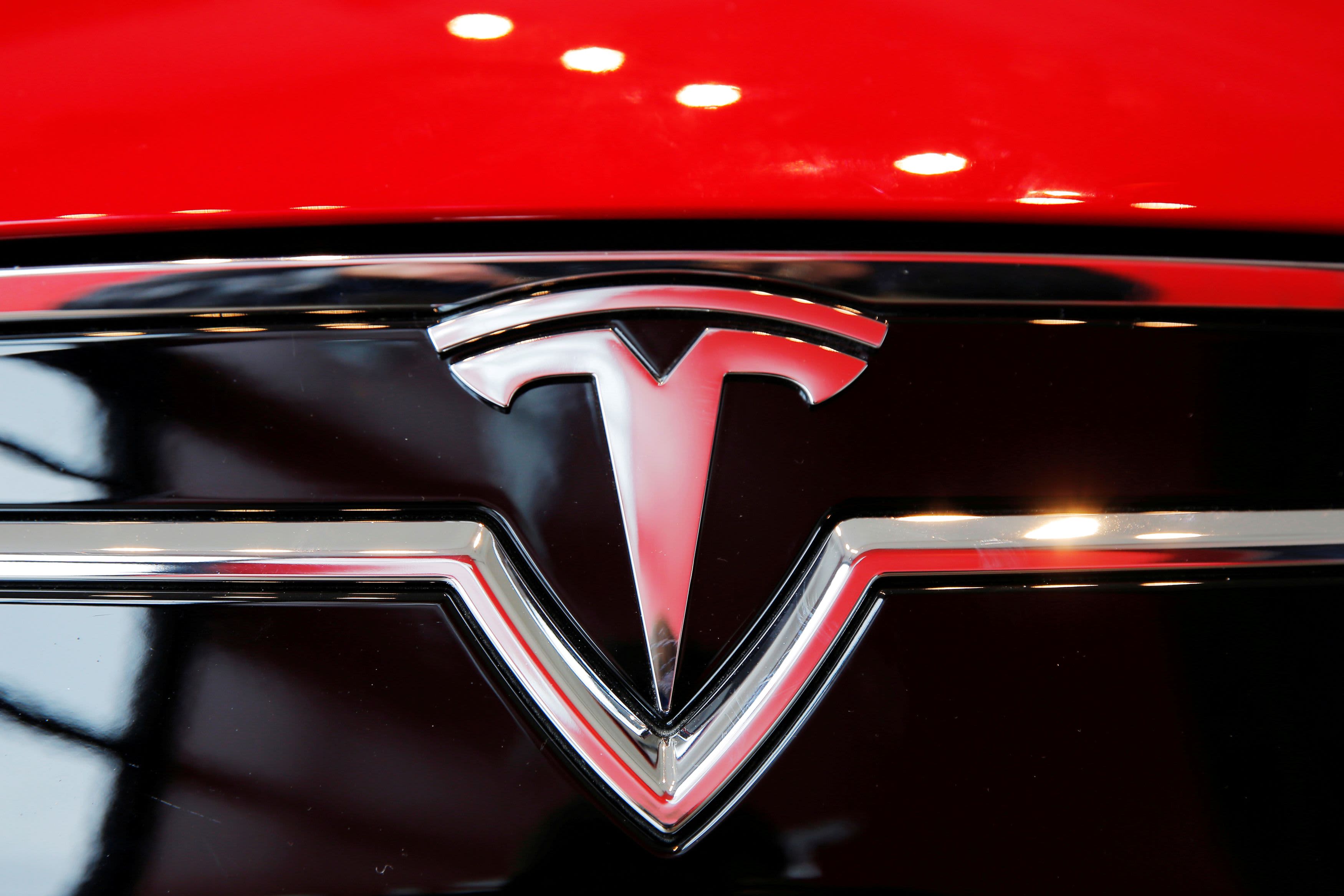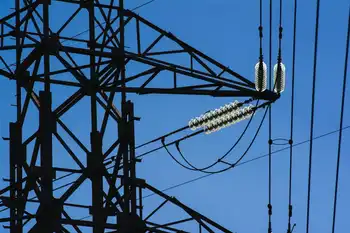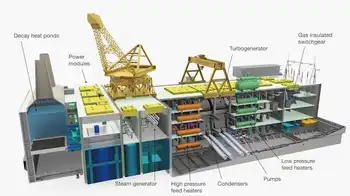Smart technology can save GCC utilities billions
GULF STATES - Adoption of smart technology could result in savings of about $5 billion to $10 billion over the next decade in investments made by power utility firms in the Gulf Cooperation Council (GCC) states toward managing peak load capacities, according to consultants at AT Kearney.
GCC states include Bahrain, Kuwait, Oman, Qatar, Saudi Arabia and the United Arab Emirates.
Smart technology, such as smart metering and smart grid connections, will enable energy utility firms to monitor demand and supply in real time and automatically control energy usage. Using Internet portals and home displays, customers also could monitor and reduce excess energy consumption by up to 10%.
Peak energy loads in the Middle East occur during the summer months, when air conditioning units function throughout the day. Smart technology allows the utility firm to monitor and remotely control AC units.
The consumer power consumption pattern is likely to change in the event of an increase in power tariffs that are currently subsidized. Over the next decade, AT Kearney predicts a decline of 10% to 20% in peak load demand in the region.
With more countries and companies going "green," smart metering is expected to be adopted worldwide as an efficient energy-management technology. In the Middle East, efforts are on at the regional level to improve energy efficiencies, which, according to the consultants, requires implementation of smart metering. Pilot projects are under way in Saudi Arabia and other GCC states. The technology will be put to practice shortly, reducing the cost of daily operations and minimizing the need for additional power plants.
Smart grid systems will be integrated with standalone renewable energy ventures and monitored using smart meters, which record usage and power generation statistics. Further, remote data collection devices deployed on the field make outage and fault management easy tasks for the utility. The investments in smart technology are expected to lead to stable supply of energy that can be utilized based on requirements.
Related News

Tesla Expands Charging Network in NYC
NEW YORK - In a significant move to enhance electric vehicle (EV) infrastructure, Tesla has announced plans to expand its network of charging stations throughout New York City. This investment is set to bolster the availability of charging options, making it more convenient for EV owners while encouraging more residents to consider electric vehicles as a viable alternative to traditional gasoline-powered cars.
The Growing Need for Charging Infrastructure
As the demand for electric vehicles continues to rise, the need for a robust charging infrastructure has become increasingly critical. With New York City setting ambitious goals to reduce greenhouse gas emissions,…




